
“Books break the shackles of time - proof that humans can work magic.” - Carl Sagan
My year in reading
I try to read a mix of everything, but I find that what draws me in the most are stories told about the amazing world in which we live: nonfiction. I am moved by the painful memoirs, the glorious triumphs, and the whimsical humor that can be found in our shared history. This is my year in books, please let me know what you think and/or share a few of yours!
2024
2023
2023 was a busy year… it was our first year in CA and I spent much of the year finding my footing in our new state of residence. Forgive me.
2022
A few of my favorites!
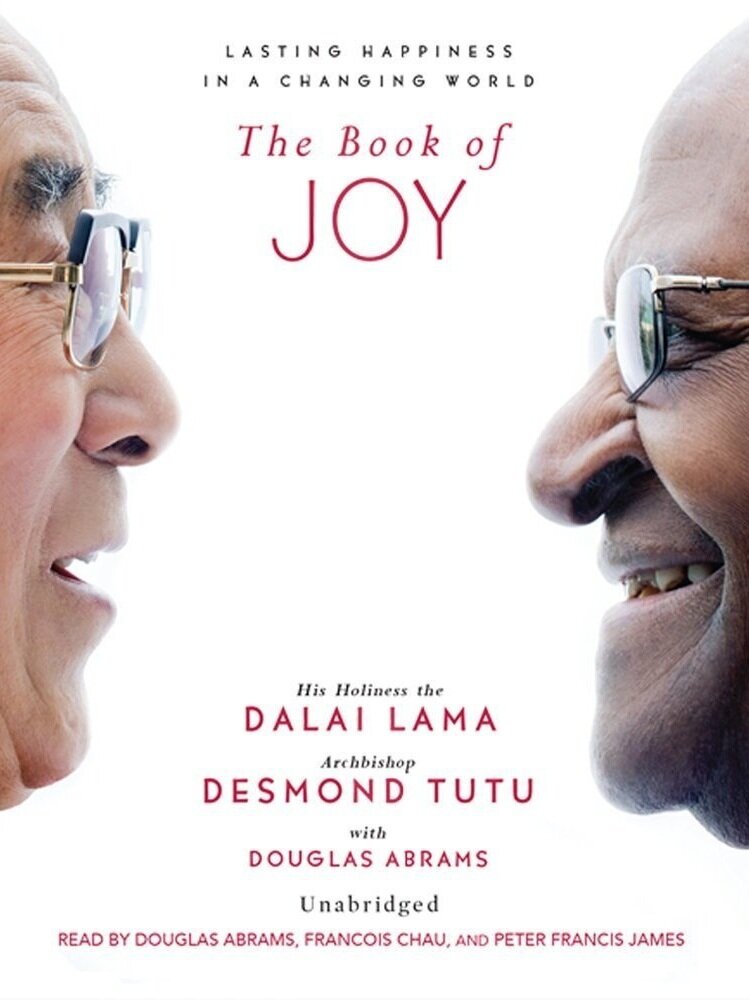
The Book of Joy is an absolute pleasure to read. The simplicity of the message and the authenticity of the Dalai Lama and Archbishop Desmond Tutu shine in Douglas Abrams' book. Though representing vastly different religions, these two remarkable men have centered themselves on the same mantra: living a life focused on exhibiting and spreading joy.
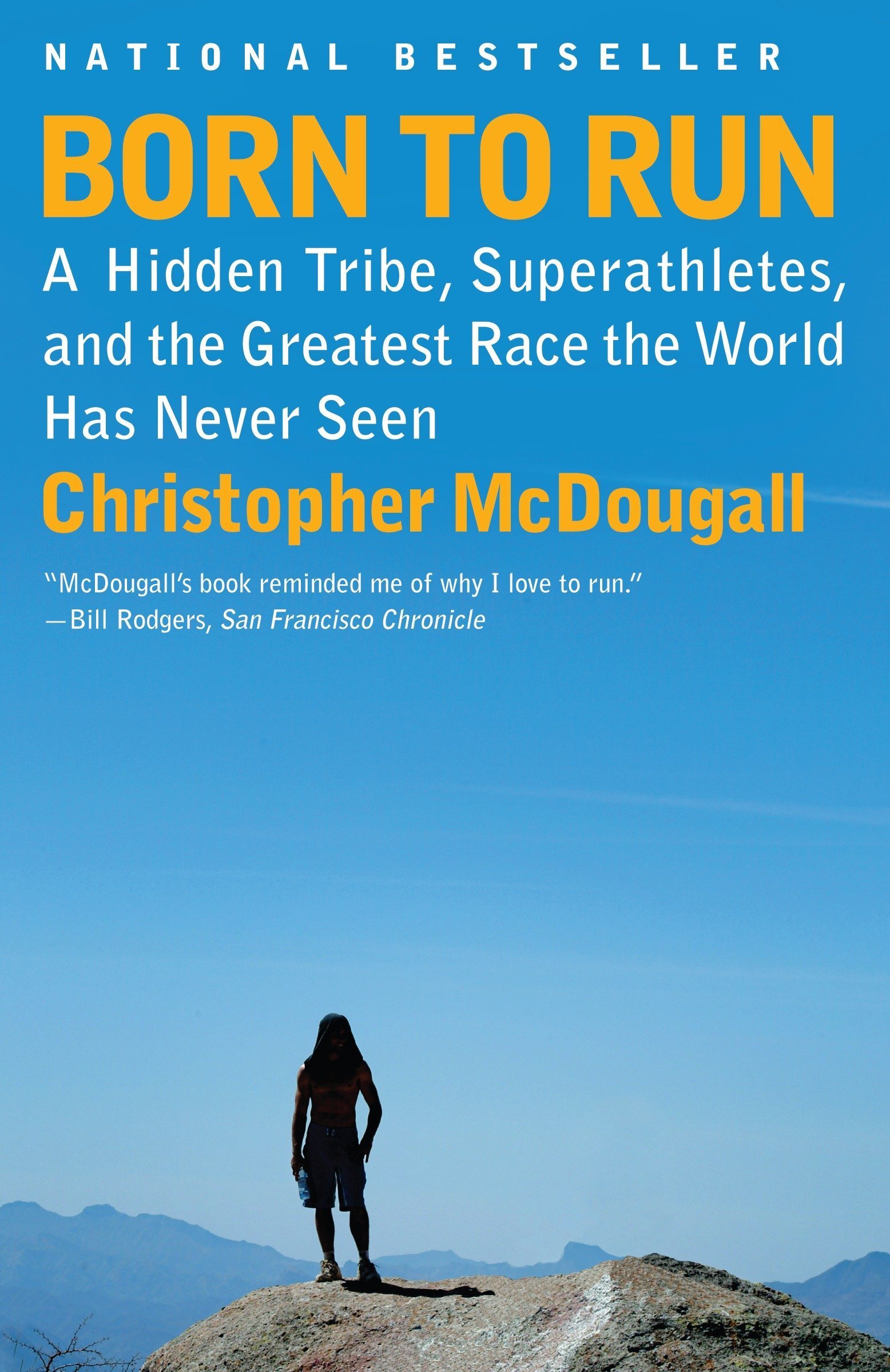
Born to Run is a miraculous story surrounding a small tribe that has been nestled in the Copper Canyon of Mexico for generations. The tribe is home to some of the best ultra-marathoners on the planet, capable of athletic feats few in the world can match. One man's dream of a historic race and subsequent search for the tribe leads to a revelation about our shared human history.

Bill Bryson struck gold with this heartwarming and eye-opening memoir of his journey to hike the Appalachian Trail. His humor perseveres through life-and-death situations, examples of humankind's destructive impact on nature, and a middle-aged man's attempt at self actualization.

The Mosquito is a book I find myself referencing in conversation time and time again. Timothy Winegard put together a masterpiece in his historical analysis of the mosquito's impact on human events. I will never again swat a mosquito before being awed by our inextricably interwoven past, but swatting will come next on the agenda.
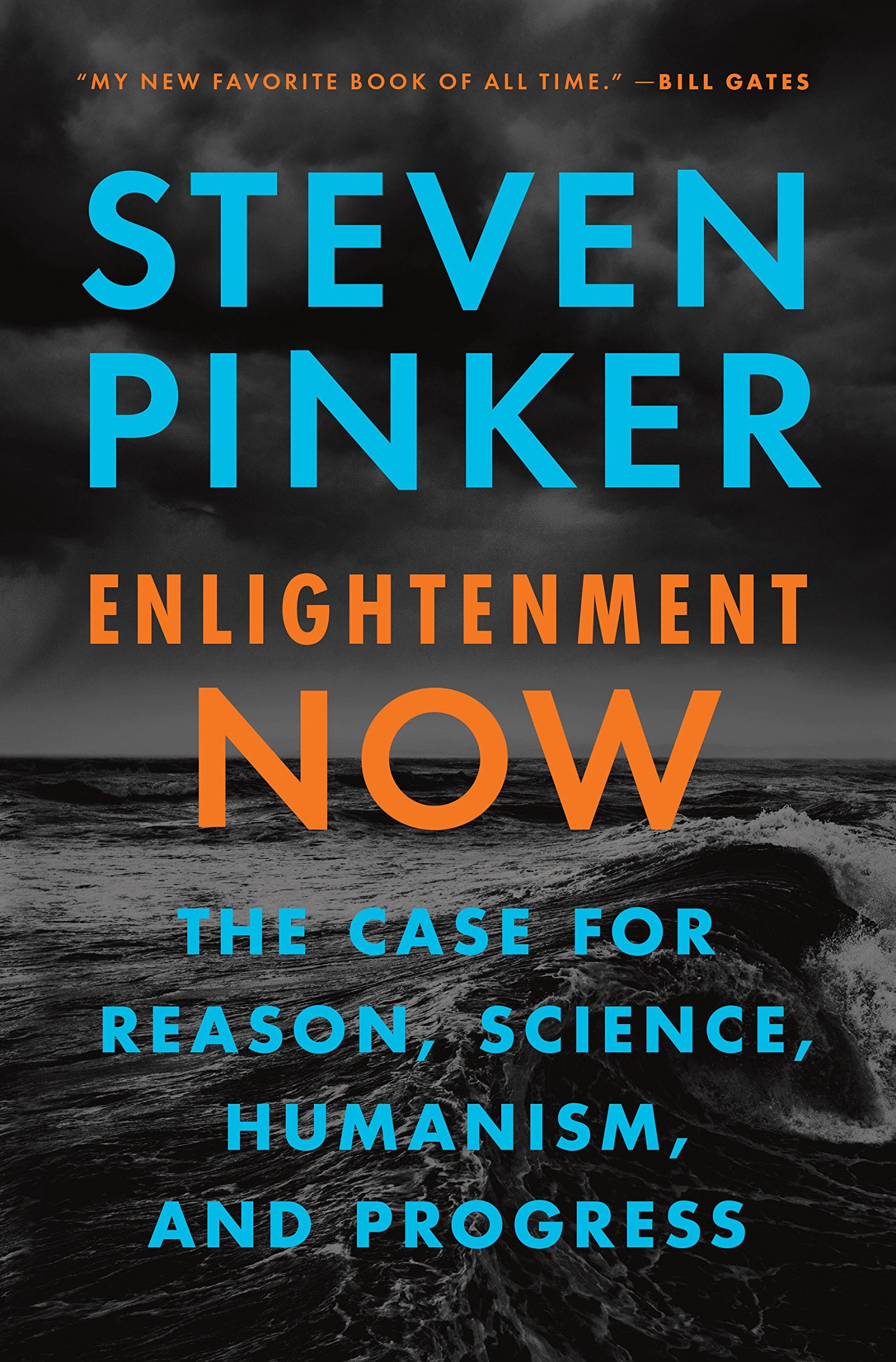
I never realized how much I needed this book until I read it. The former Harvard professor delivers an astonishingly upbeat account of human progress and discusses why a glass-half-empty mentality about the future may not make sense. Steven Pinker lets the numbers do the talking as he walks through the last 150 years of scientific progress and searches for the principles that we must ground ourselves in to continue moving forward.
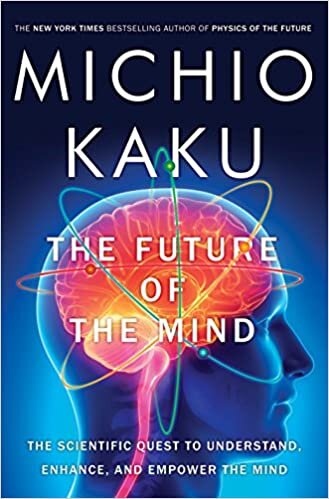
Physicist Michio Kaku looks at existing technologies and cutting edge science that deal with Brain-Machine interface technology. If that sounds far-fetched, remember that your smartphone already performs in exactly this niche. This book takes as its focus the potential of processing chips connected directly to our brains, digital copies of existing neuronal maps, and many other possible enhancements to humans in the 21st century. It will make you revisit your definition of AI by asking the simple question: what if we merge ourselves with technology?
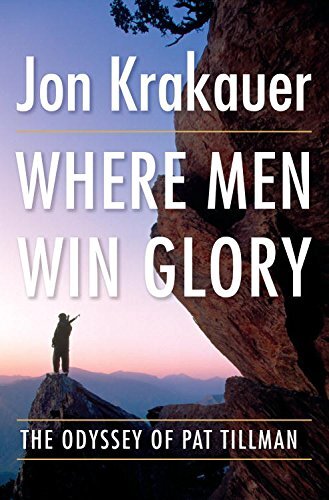
Where Men Win Glory covers the story of Pat Tillman, a celebrated NFL star at the peak of his career who joined the armed forces in the wake of 9/11. Jon Krakauer masterfully shapes the story largely from excerpts of Pat's personal journal. I found both inspiration and heartbreak in this book that puts Pat's unquestionable strength of will and uncommonly sharp mind on full display. Ever a man driven by purpose, Pat begins to question the very purposes that brought him to the mountains of Afghanistan.
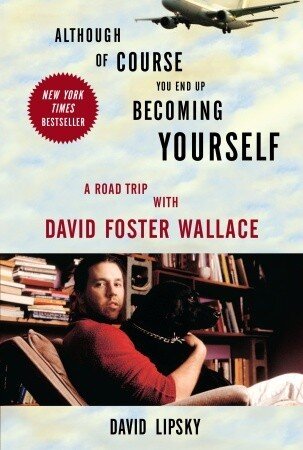
Author David Foster Wallace proved his genius with the masterful novel Infinite Jest. The unanimous success of that book would, in most cases, have kicked off a vicious cycle of self indulgent behavior and book tours. For Mr. Wallace, it instead filled him with dread that he would never be able to reach such heights again, all the while wondering whether he even deserved the acclaim. David Lipsky, a fellow author, recounts his time with Wallace in interview form in this meta, marvelous look into the mind of a tormented genius.

Apples, tulips, cannabis, and potatoes. These are the four topics covered in Michael Pollan's account of some under-appreciated consumable plants. The histories laid out herein are far more "ripe" than I would ever have expected, and I thoroughly enjoyed learning about mankind's impact on these fascinating species.

Though some portions of Keith Ferrazzi's story about Keith Ferrazzi are more than borderline narcissistic, I was able to forgive him and love this book. His palpable excitement about the centering message is appropriate as the message is simultaneously obvious and preposterous. Here it is: make connections anywhere you can, then nurture those connections and use them to your mutual advantage. It's the type of book that had me awed I wasn't already heeding its advice in my personal and professional life because it seems so obvious. Hell, I have Keith Ferrazzi to thank for finally deciding to create a website! Thanks Keith Ferrazzi. I'll say his name again so he doesn't have to: Keith Ferrazzi.
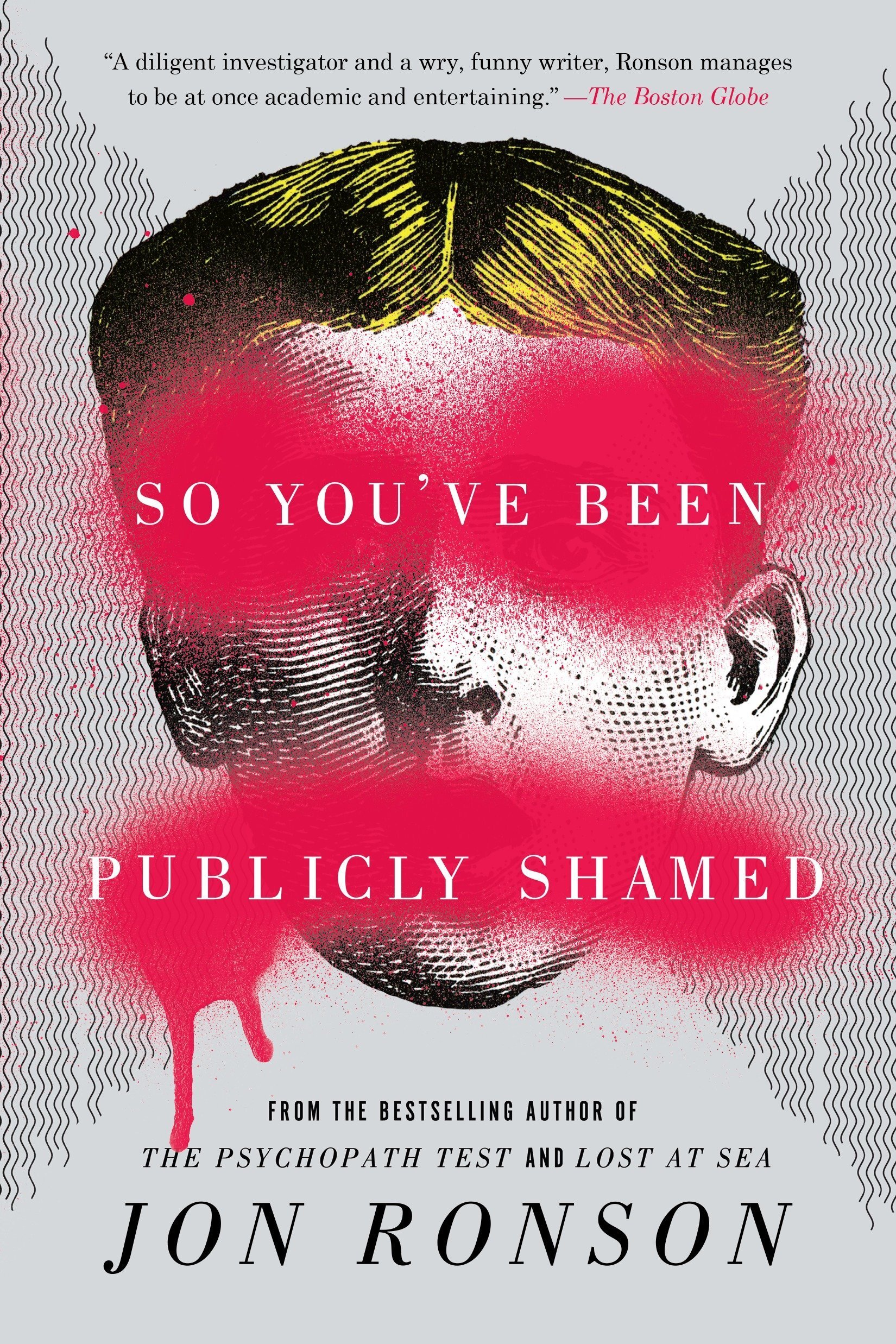
Jon Ronson delivers a number of harrowing stories about the impact of public shaming in our hyper-connected world. He brings some needed humor to a few horrific tales about the damaging effects of partial information and lives that are ruined overnight on the internet. Ronson underlines, in the pre-Trump era, how the lightning fast spread of information can be harmful if it comes at the expense of details and facts.

Yuval Noah Harari outlines the key steps in our development as a species in this appropriately-titled work. It is the glance back at our shared origin that we all could do with more of. I found Sapiens encapsulating, educational, and comprehensive and would recommend it to anyone who wants to learn more about who we are and how we got here.